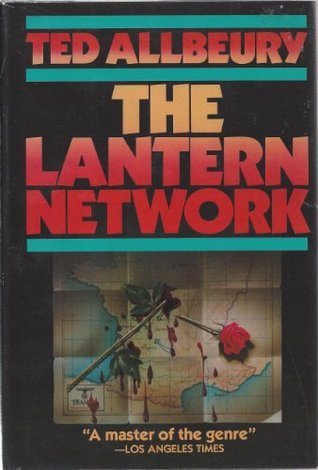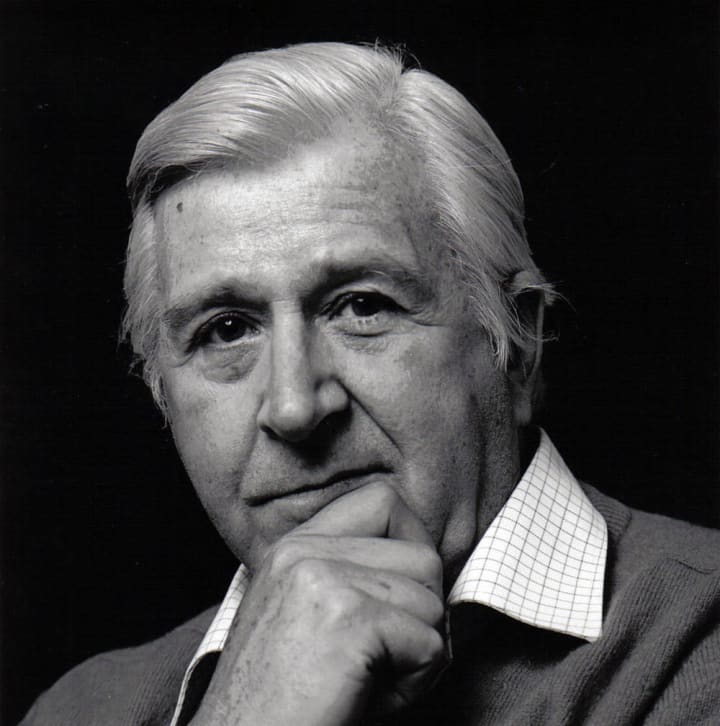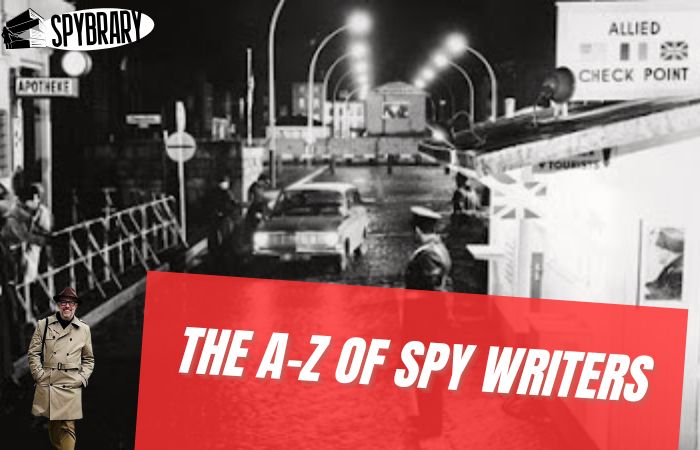
One of my biggest revelations as a member of the Spybrary Facebook group was discovering the works of Ted Allbeury. Allbeury, a man who not only could claim to be a former intelligence agent but lived a colorful, was a bestseller in his day, spoken of in the same breath as Len Deighton or John le Carre. Following his 2005 passing, he has drifted into the background, though his works have begun resurfacing, first on Kindle in the UK and, since 2017, several works coming back into print in the US. Something which is a good thing as Allbeury was too good a writer to go quietly into the night of literary obscurity. A case in point for that is his 1978 thriller, The Lantern Network.
Allbeury opens the novel with some shades of le Carre's Call For The Dead. Special Branch Commander Nicholas Bailey sets about a seemingly routine inquiry regarding British businessman James Walters popping up at Eastern Bloc embassy receptions and a Paris art gallery used as a KGB dead letter drop. When Bailey raises a couple of gentle questions, Walters's reaction is a hurriedly done act of suicide. As Bailey delves into the businessman's past, it starts him down a trail back in time.

It's that which lets Allbeury eat his cake and have it too. The middle 60% or so of the novel takes readers back to the Second World War when a Special Operations Executive (SOE) operative known to the French as Charles Chaland went behind enemy lines in occupied France. This significant portion of the page-count follows Chaland working alongside the various resistance groups, from the marquis to communist cells, in the lead-up to the Normandy landings. And, eventually, beyond toward the later part of the war and events closer to the novel's opening chapter.
Allbeury plays with many of the tropes one might expect from countless resistance tales, to be sure, but what separates Lantern Network from so many of those tales, though, is the sense of authenticity that he brings to it. He doesn't write this as boys own adventure, but a hard-edged and often cynical world, with one character noting that once the war is over, everyone will be claiming to be part of the resistance. As the concluding 1970s section of the novel proves, that's very much the case as Bailey delves into these wartime events, and Allbeury draws the two great eras of twentieth-century espionage together for a fulfilling conclusion.
Lantern Network also shows off many of Allbeury's best traits. There's the theme of the past coming back to haunt the present, something that appears in a number of his works (including in The Twentieth Day of January) is present here. Also evident is his quickly drawn characterizations, here minus some of the caricaturing he could sometimes resort to using in other works. Best of all is Allbeury's ability to pack so much into so little with the novel running a mere 218 pages, yet never once felt rushed or hurried. It's an economy of prose that can ramp up tension (as it does during an ambush mid-way through) or the unsettling nature of what's happening when a character awaits torture. It's everything that makes Allbeury's writing what it is, including a bestseller of his day.
Allbeury's output was prolific, totaling some 42 novels, a short story collection, and BBC Radio dramatizations of a number of his books. While I can't claim to have read them all, I feel confident in saying, as a reviewer, that this is the best of his books I've read to date. For those new to his work, or seeking to revisit it, The Lantern Network comes highly recommended as one to pick up.







